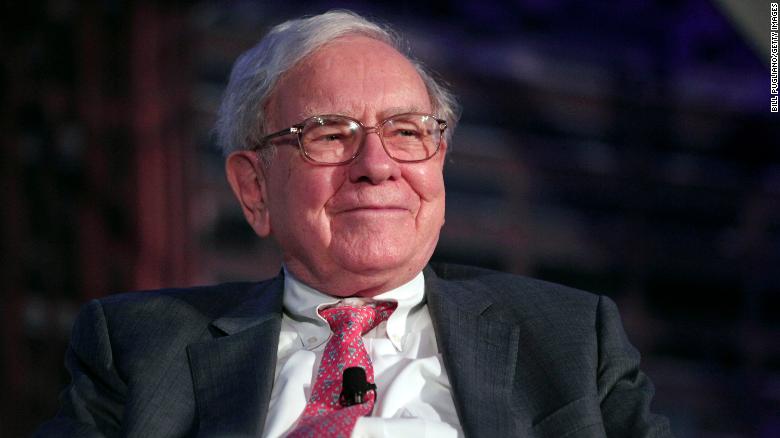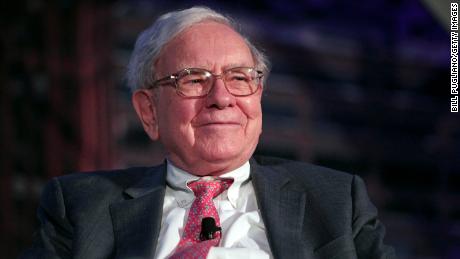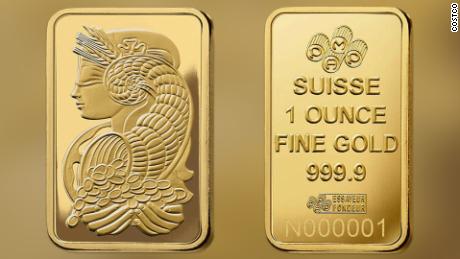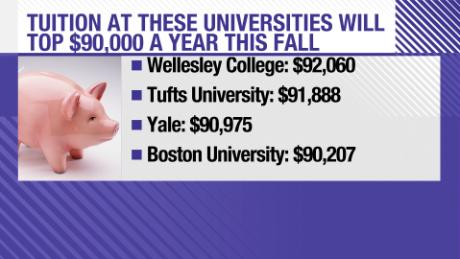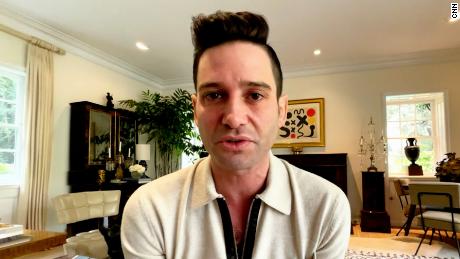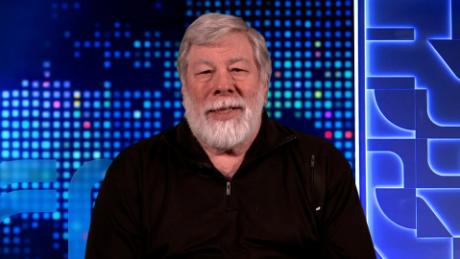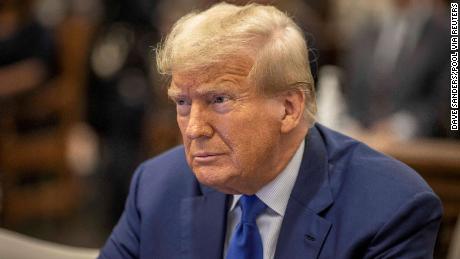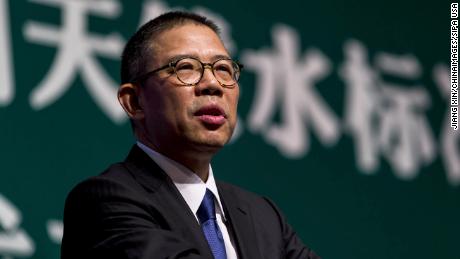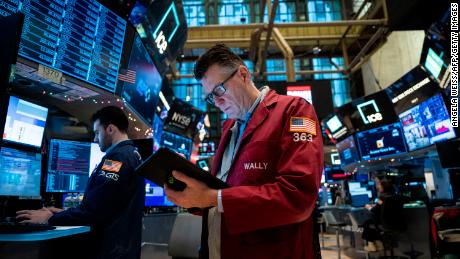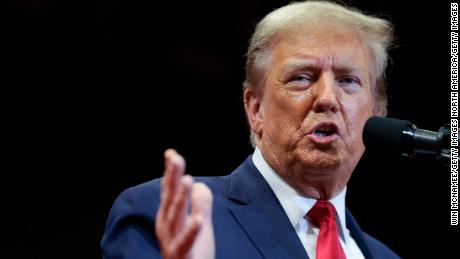New York (CNN Business)Chevron CEO Michael Wirth isn't a fan of bidding wars.
Last year, Wirth wisely walked away when smaller rival Occidental Petroleum (OXY) swooped in to outbid Chevron for shale driller Anadarko Petroleum in a deal worth $58 billion.
The experience paved the way for Chevron to announce a less risky but still major deal this week: It will buy oil-and-gas company Noble Energy (NBL) for $13 billion, in the biggest energy takeover since the pandemic that set off chaos in the industry.
The Anadarko episode helped shape the decision to make a play for Noble Energy now, Wirth told CNN Business in an interview.
"[It] reinforced our existing commitment to discipline, focusing on value creation and understanding risk," the Chevron CEO said. "We're not going to chase value."
But don't call it a bidding war.
"We never got into a war. The other party (Occidental) actually bid against themselves multiple times," Wirth said. "The war wasn't with us. It was within."
With the benefit of hindsight, Occidental's takeover of Anadarko ŌĆö the second-biggest ever by a US oil-and-gas company ŌĆö looks ill-timed. Oil prices crashed, leaving Occidental scrambling to repay the pile of debt it took on in the deal. Occidental slashed its dividend by 99% to a penny a share, made deep cuts to its budget and enforced pay cuts for executives and workers.
Now, Chevron (CVX)is putting to use the $1 billion termination fee it landed from the collapsed Anadarko deal to make a new M&A splash.
Chevron announced Monday it will buy Noble Energy for $13 billion, including the assumption of $8 billion of debt, in an all-stock deal. And the timing of the purchase couldn't be more different from the Anadarko deal.
Buyer's market ŌĆö but is Noble Energy the right fit?
Last spring, oil prices were steady and the industry appeared to be on somewhat stable footing. Now, independent oil and gas producers are under enormous stress. Energy prices are depressed, production is shrinking and debt burdens are raising bankruptcy fears.
Noble's share price crashed to as low as $3.02 in March, marking a staggering 88% decline on the year. The stock remains down 57% on the year.
Chevron agreed to pay just $10.38 per share for Noble, representing a thin premium of just 8%.
It's clearly a buyer's market, and Chevron certainly has the resources to make strategic acquisitions.
"In our industry, the history is that some consolidations have come during downturns. You can find safe harbor by bringing together two companies that are stronger together," Wirth said.
But the Anadarko fiasco is a reminder that buyers must beware of which companies they hitch their ride to.
Just 27% of major exploration and production companies are truly "attractive" acquisition targets, according to a report released last month by Deloitte. Half of the drillers out there are risky bets, the report said.
"We're confident this is a good enterprise," Wirth told CNN Business. "They are, in some ways, victims of their own success," he said of Noble Energy, adding that the company's natural gas fields in the Eastern Mediterranean have become so massive they now represent a substantial portion of the entire company.
"For a company of their size, that starts to bring in questions for investors about risk concentration," Wirth said.
By contrast, Noble Energy will represent just a small part of Chevron, making up a mere 7% of the large company's enterprise value, according to financial services firm Raymond James.
Job cuts are coming
Chevron acknowledges the deal will kill jobs. Both companies have already been cutting jobs, and Chevron estimates the takeover will generate operating and other cost savings of about $300 million.
Although it's too early to say how many jobs could be affected, Wirth noted there is some "overlap" between Chevron's and Noble's field operations. He suggested the majority of the cost-cutting will come from home-office functions.
Externally, the Noble Energy deal has received a mixed reception.
Rystad Energy analyst Artem Abramov cheered the fact that the takeover will diversify Chevron by adding natural gas assets in Israel and Cyprus. Chevron is also expanding its US oil portfolio by taking over Noble's "low-cost, cash cow assets" in the DJ Basin, a shale field in Colorado and Wyoming.
"We view the deal as a very likely strong value creation for Chevron," Abramov wrote in a report.
Others think Chevron could have put its financial resources to better use internally.
"Objectively speaking, Chevron does not need to do this deal," Raymond James analyst Pavel Molchanov wrote in a note to clients.
Molchanov described the deal as "unnecessary" and noted that "Noble has been a highly levered company."
In fact, the majority of the Noble Energy takeover is debt, comprising $8 billion of the $13 billion total.
CEO: Our dividend is safe
Chevron downplayed those debt concerns, however.
"We're a big company ...This doesn't compromise our balance sheet strength," Wirth told CNN Business.
He stressed the acquisition won't impact the ability to keep paying its dividend.
"We remain committed to our dividend, which is vitally important to our shareholders," Wirth said. "Not everyone in our industry has been able to say that."
Analysts have speculated that the Noble deal could set off a wave of deals in the energy industry.
But Wirth isn't in a rush to make more takeover bids.
Asked whether Chevron will flex its balance-sheet muscle by making more acquisitions, Wirth said his focus is on restructuring the company and integrating Noble Energy ŌĆö two complex tasks that involve many people.
"We need to do both of those things well," Wirth said. "For the short term, those are the priorities."
